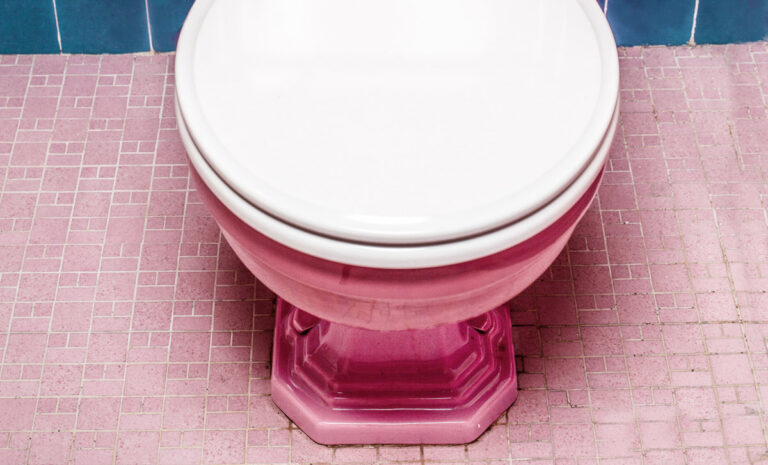How smart toilets of the future will protect your health

If I ask you to think about what the future will bring, what do you think of? Let me guess, flying cars and Zuckerberg’s very own Metaverse? No? Okay, how about this—weekly trips to space and smartphone zombies crawling around? I’m getting closer, right? Well, put this thought on hold for a moment, because it seems like our bright future might be bringing us something else entirely—smart toilets. No, I’m not talking about Japan’s (already existing) electronic bidet toilets, they’ll look Neolithic in comparison.
The toilet of the future will protect your health like never before. Don’t believe me? I’ve got Bill Gates to back me up here. For the past ten years, the Microsoft-CEO-turned-philanthropist-turned-potential-wife-cheater has been calling for the development of low-cost, high-efficiency toilets that would bring effective sanitation to the world’s most impoverished areas. At a toilet expo in Beijing in November 2018 (yes, those exist), Gates held aloft a jar of human waste and told the audience, “We see ourselves on the cusp of a sanitation revolution.”
Although Gates’ hope of a new toilet was focused on bringing sanitation change for developing nations, other advocates are calling for a do-over of the bowls in bathrooms all around the world for different reasons. In 2018, gastroenterologist Sameer Berry wrote an article in CNBC about the precise type of smart toilets he had in mind for the future. The smart toilet he was referring to was a health-tracking toilet.
In its fight for ‘a better future’, the health industry has increasingly been working on reaching the dream of precision medicine—health interventions that are customised rather than one size fits all. And in order to reach that goal, researchers have been looking towards the humble toilet as the next frontier of health data.
Most people don’t see their doctors even annually, and usually, you only visit a physician when you have something troubling you. The idea of precision medicine means that doctors could monitor a person much more routinely and try to collect data that might allow them to be more forward-looking in their healthcare. But in order to do so, they would need to find the perfect way to get all this data from us without us having to change our behaviour whatsoever. This is where smart toilets come in.
Internet-connected toilets could basically ‘safeguard’ our health by using discreetly placed sensors and artificial intelligence to analyse our excrements. Such a toilet could detect early signs of disease and help people manage chronic conditions such as diabetes. Someone developing the condition might have high levels of glucose in their urine before they show any symptoms; for those who’ve had the condition a long time, raised levels of protein in their pee might suggest the disease has begun causing kidney damage. In both cases, the quicker individuals and their doctors are made aware something’s wrong, the quicker they can intervene to prevent worse complications from developing.
“If they were all incorporated into one toilet we’d be able to get so much data from that—I think it would be incredible. The opportunities are honestly endless,” Berry told NBC News in 2019. Using urine to spot disease is nothing new in medicine, but such checks might happen once a year, if they happen at all—smart toilets could do the same tests several times a day, only quicker and without the need for a doctor or nurse. So, when should you expect your own multidisciplinary little helper?
Director of the Molecular Imaging Program at Stanford Doctor Sanjiv Sam Gambhir and his researchers began researching the potential of a smart toilet for improving health in 2020. The smart toilet they’ve built records and analyses the condition of the user’s faeces as well as analysing its composition, looking for signs of molecules that could indicate diseases such as cancer. The toilet can also study the flow rate of urine—obstructions such as an enlarged prostate can cause flow to drop off—as well as keep track of particles leaving the body in the urine.
Once all the information’s been collated, it can then be sent to a cloud-based system for analysis and shared with the user’s physician rather than having all the notifications sent to the user’s phone—potentially worrying them with an avalanche of data. Amazon’s Alexa is probably shaking in its boots already, knowing that the Internet of Things might soon have a new favourite. After all, everyone has to use the toilet, right?
And if you still don’t believe me, have a look at what the futurist Sinead Bovell predicts for your future bathroom:
@sineadbovell 🚽 🤖 #learnontiktok #ai #iot #technology #futurist
♬ Buttercup - Jack Stauber





